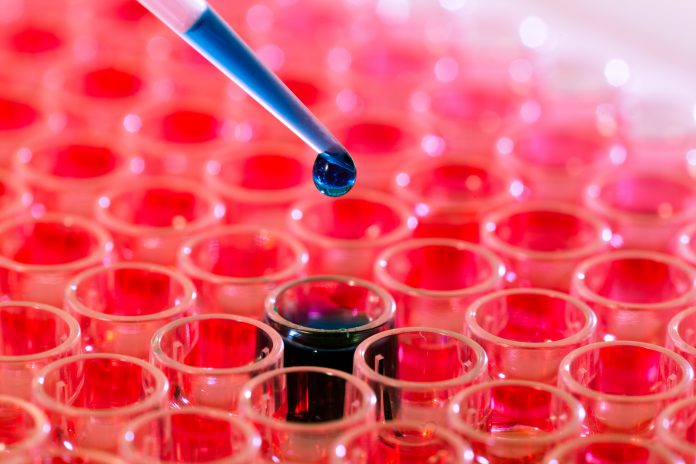Scientists are creating a blood test that can quickly diagnose heart attacks – by looking for the “unique fingerprint” of blood biomarkers
When it comes to heart attacks, chest pain is a crucial symptom. The pain needs to be translated into a diagnosis as fast as possible, so that healthcare professionals can start working to stop damage if it really is a heart attack.
The tests available need to be confirmed by other tests – with results sometimes influenced by other factors that are unrelated to a potential heart attack. In hospitals which are really busy or without resources, some of the tests are not possible to run immediately.
In the world of mental health, the invention of a blood test to diagnose depression and bipolar disorder created waves for the future of treatment. This means that adding a highly accurate blood test to the process could change heart attack survival rates.
So, how could a new diagnostic test work?
The research team looked at the blood of 146 patients with chest pain, and then 84 healthy volunteers. Out of the 146 chest pain patients, 85 were then confirmed to have suffered a heart attack.
To understand the difference in blood, the team looked at small molecules called metabolites. These molecules are produced during biochemical processes within the human body, acting as signs and symbols of what is really happening.
Dr Xiangqing Kong of the First Affiliated Hospital of Nanjing Medical University, corresponding author on the paper, commented: “Such markers could be helpful in confirming heart attack in a timely manner when angiography is unavailable.”
Revelations in the blood?
The metabolites showed that there was a visible, significant difference between heart attack patients, chest pain patients, and healthy volunteers. Three metabolites were especially strong with potential as diagnostic markers.
The team are going to keep working with these biomarkers, to see if a blood test can be developed.
Dr Jiye Aa of the China Pharmaceutical University, another author on the paper, commented: “Even after accounting for other cardiac risk factors such as hypertension, smoking and diabetes history, the metabolites deoxyuridine, homoserine and methionine scored highly as potential diagnostic and risk markers of heart attack.”











